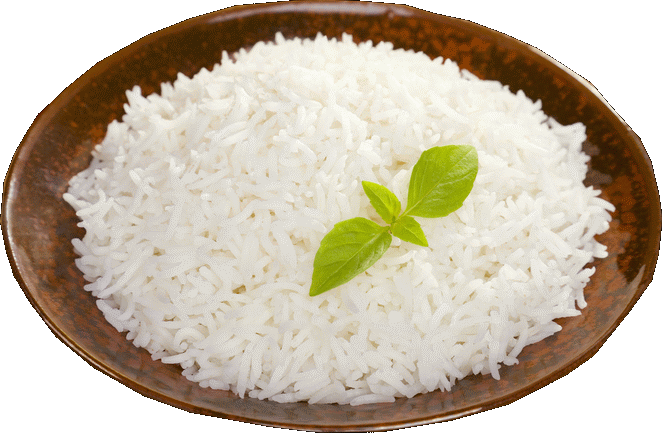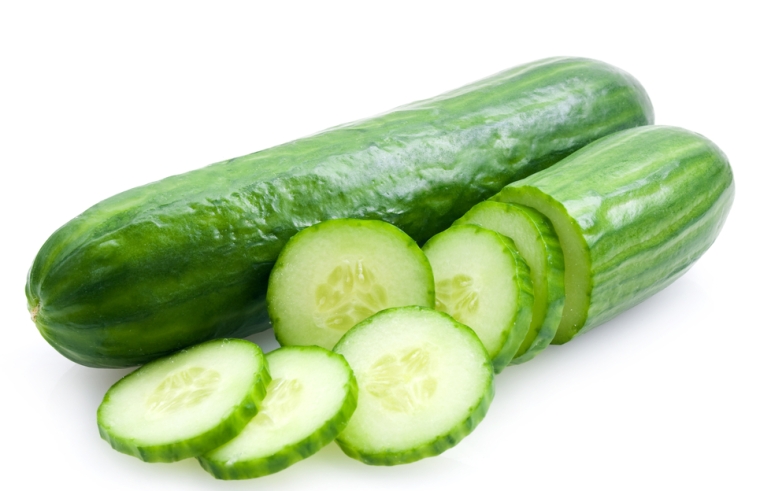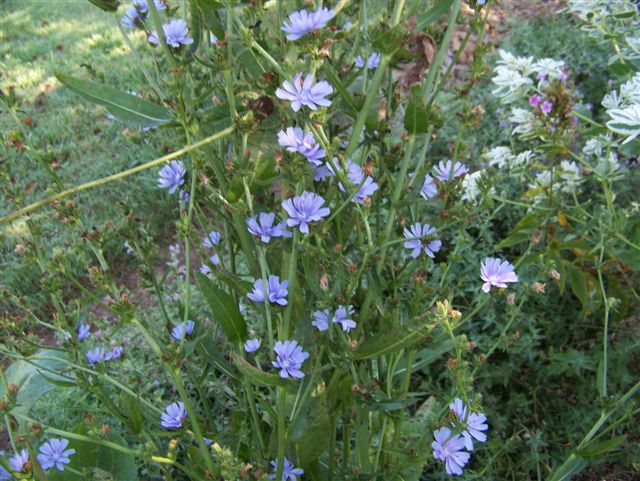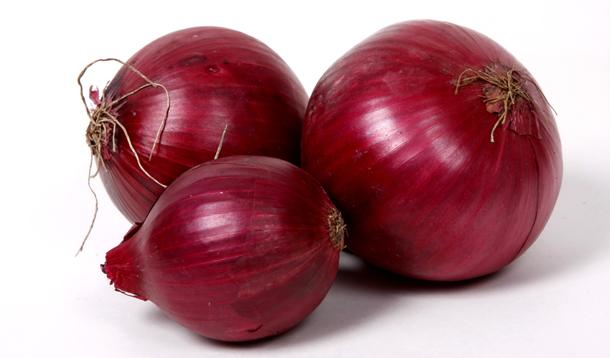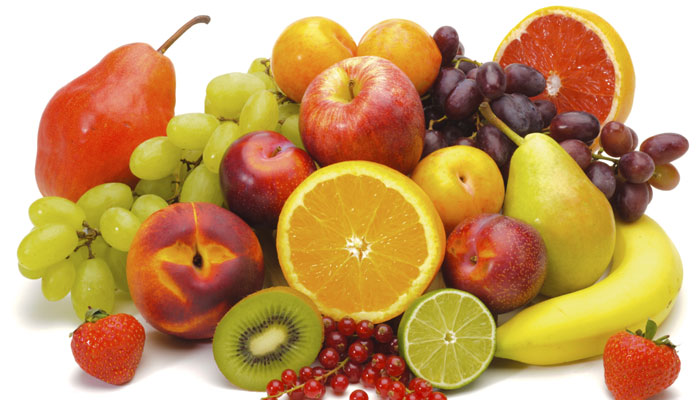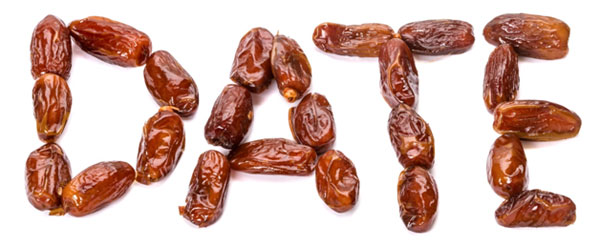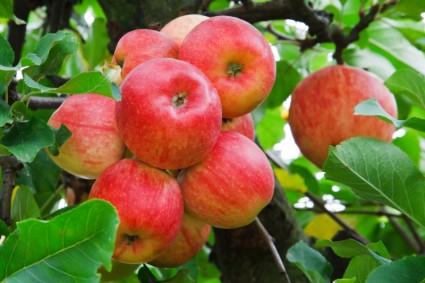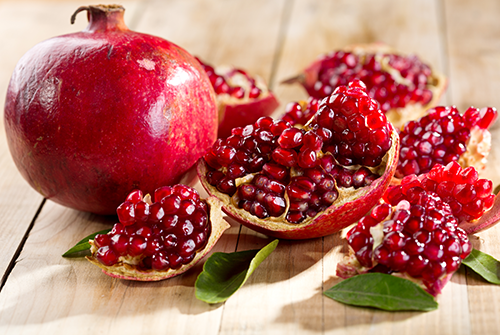The Recommended Cereals in Islam
According to Imam Ja’far-e-Sadiq (a.s.), rice is a good food as it expands intestines and cures dysentery.
According to another tradition, a person complained to Imam Ja’far-e-Sadiq (a.s.) about stomach-ache. The Imam (a.s.) asked him to wash the rice, dry it in shelter, powder it and have nearly a tablespoonful every morning.
Gram
Reliable traditions from the Holy Prophet (s.a.w.a.) state that seventy Prophets have prayed for the advantages of chana (gram).
Masoor Dal
One of the traditions states that having Masoor Dal softens one’s heart and makes one cry easily.
Broad bean
According to a reliable tradition, having baqlah increases marrow of the knee and brain and produces fresh blood in the body.
Dal
It is stated that a person complained to Imam Moosa Kazim (a.s.) of white spots; the Imam (a.s.) asked him to take mash (dal) in his food.

